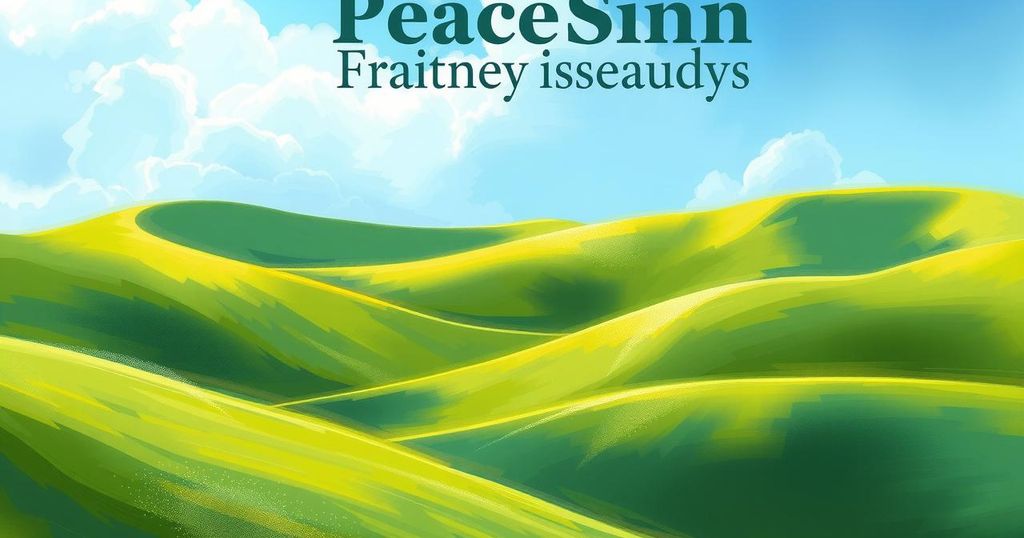DRC Conflict Revives Memories of Historical Wars and Humanitarian Crisis

The resurgence of M23 rebels in the DRC has reignited memories of past conflicts, with communities either preparing for war or fleeing. The United Nations reports Rwandan support for M23, while Uganda increases troop presence, raising fears of regional conflict similar to the historical Congo wars. Analysts underscore the importance of addressing both local governance and humanitarian issues to achieve lasting peace and support for the Congolese people.
In the Democratic Republic of the Congo (DRC), the resurgence of M23 rebels has reignited memories of past conflicts, causing communities to either prepare for war or flee their homes. The United Nations reports that this group, allegedly supported by Rwanda, captured key eastern cities and is advancing towards significant areas, including a mining hub. Despite a $5 million reward for the capture of M23 leaders, the group continues its momentum.
Simultaneously, Ugandan troops have increased their presence along the DRC border, claiming to confront the Allied Democratic Forces (ADF) and CODECO, two groups causing significant violence in the region. Political analysts fear this escalated military involvement may lead to another regional war, drawing parallels to the Second Congo War.
Analyst Paul Nantulya states, “We are indeed seeing a replica of the Second Congo War with the same actors but in slightly different configurations,” highlighting the historical context of Rwandan and Ugandan actions during the 1998 conflict. The prolonged crisis has resulted in millions of deaths and far-reaching humanitarian issues, along with ongoing illegal mining operations that threaten the stability of the DRC.
The DRC has endured low-level violence for over 30 years, with persistent grievances stemming from ethnic tensions and exploitation of resources. Rwanda’s military interventions historically aimed to chase Hutu extremists, which led to civil wars characterized by vast humanitarian crises and resource theft.
Despite the formal end of the Congo wars in 2003, violence and human rights abuses have continued. Reports indicate extensive looting of DRC’s resources, implicating Rwandan and Ugandan leaders in systematic exploitation. The International Court of Justice found Uganda guilty of violations during the conflicts, ordering reparations while a similar case against Rwanda awaits resolution.
With new rebel leadership emerging in the DRC, the history of foreign interference remains a concern. Current troops from Uganda and Rwanda are said to engage with multiple factions, leading to speculation about their possible collusion with M23. Meanwhile, DRC’s mineral wealth continues to act as a catalyst for conflict, with M23 reportedly profiting significantly from illicit gold sales.
Ending the ongoing crisis requires regional cooperation for peace negotiations, thrusting the DRC government’s internal challenges into the spotlight. Analyst Kambale Musavuli emphasizes the necessity for international accountability for human rights violations, stressing the importance of prioritizing the Congolese people’s well-being in any proposed solutions.
The DRC faces a critical juncture as historical conflicts resurface with the rise of M23 rebels and foreign military involvement. The implications of the ongoing violence threaten not only regional stability but also the overall humanitarian situation in the country. A collective international and regional response, aimed at addressing both the political and humanitarian crises, is crucial to provide relief and support to the Congolese community, which could ultimately affect the broader African continent.
Original Source: www.aljazeera.com








